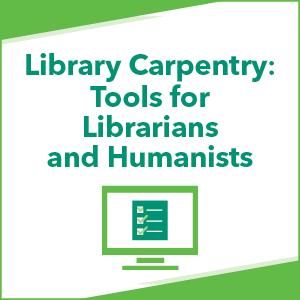GW Global Shakespeares Symposium (January 24-25)

On January 24-25, the GW Global Shakespeares Symposium (org. by Prof. Alexa Alice Joubin and Prof. Ayanna Thompson) explored the prominence of the Bard in the global marketplace and (digital) media. The event featured concluded with a conversation between Prof. Thompson, director Julie Taymor, and actor Harry Lennix. The event was co-sponsored by the GW Medieval and Early Modern Studies Institute, Dean’s Scholars in Shakespeare, English, and Gelman Library]. UPDATED FEBRUARY 8: Read full coverage of this event in The Shakespeare Standard. The posting was written by Jason Demeter, a PhD candidate in English at George Washington University.





